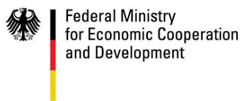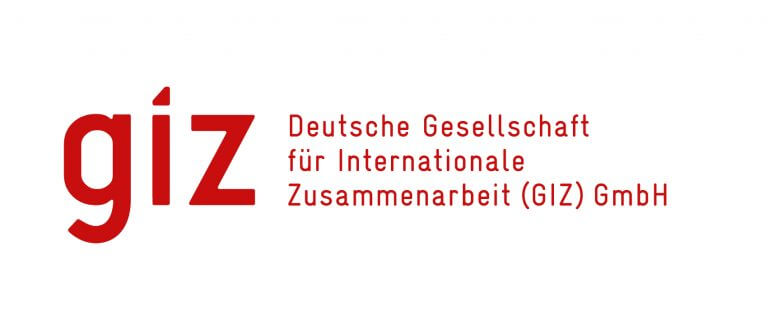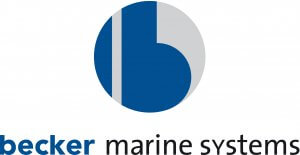In 2016, more than half of the total national freight volume in China (based on traffic volume) was transported by the sea. Unfortunately, 70% of the emissions from ships are emitted in close proximity to the coast and ports. As of now, millions of people living near larger ports are affected by the air pollution caused by the diesel generators that supply the docked ships.
Accordingly, the reduction of these emissions has become a priority on the political agenda of the People’s Republic of China: In their 13th five-year plan (2016-2020), the Chinese government made way for measures and technologies aiming to reduce the emissions from shipping. The plan also introduces shore power solutions in thirty-four ports on the east coast, as very few Chinese ports have functioning shore power solutions for ships so far. In the future, new infrastructure and low-emission technologies are expected to be used as a power supply for docked ships.
The aim of the project was to raise awareness about environment- and climate-friendly solutions for the external power supply of ships in China, to pilot these solutions in Chinese ports and to provide the authorities with appropriate policy recommendations.
The development partnership with Becker Marine Systems GmbH (BMS) and Hybrid Port Energy GmbH & Co. KG (HPE) is part of the develoPPP.de programme that GIZ implements on behalf of the German Federal Ministry for Economic Cooperation and Development (BMZ)
To achieve this objective, the public and private sector and entered into a Strategic Development Partnership. The leading German provider of innovative maritime propulsion and energy systems, Becker Marine Systems GmbH (BMS), and its subsidiary, Hybrid Port Energy GmbH & Co. KG (HPE), which focuses on environment-friendly propulsion and energy generation concepts for ships, represented the private sector as project partners.
The project focused on the development of required technical infrastructure, capacity building for stakeholders and project development, as well as deriving recommendations for action for political stakeholders.






Markus Wagner
Project Manager
Sustainable Energy Supply for Ships in Chinese Ports
Deutsche Gesellschaft für Internationale Zusammenarbeit (GIZ) GmbH
